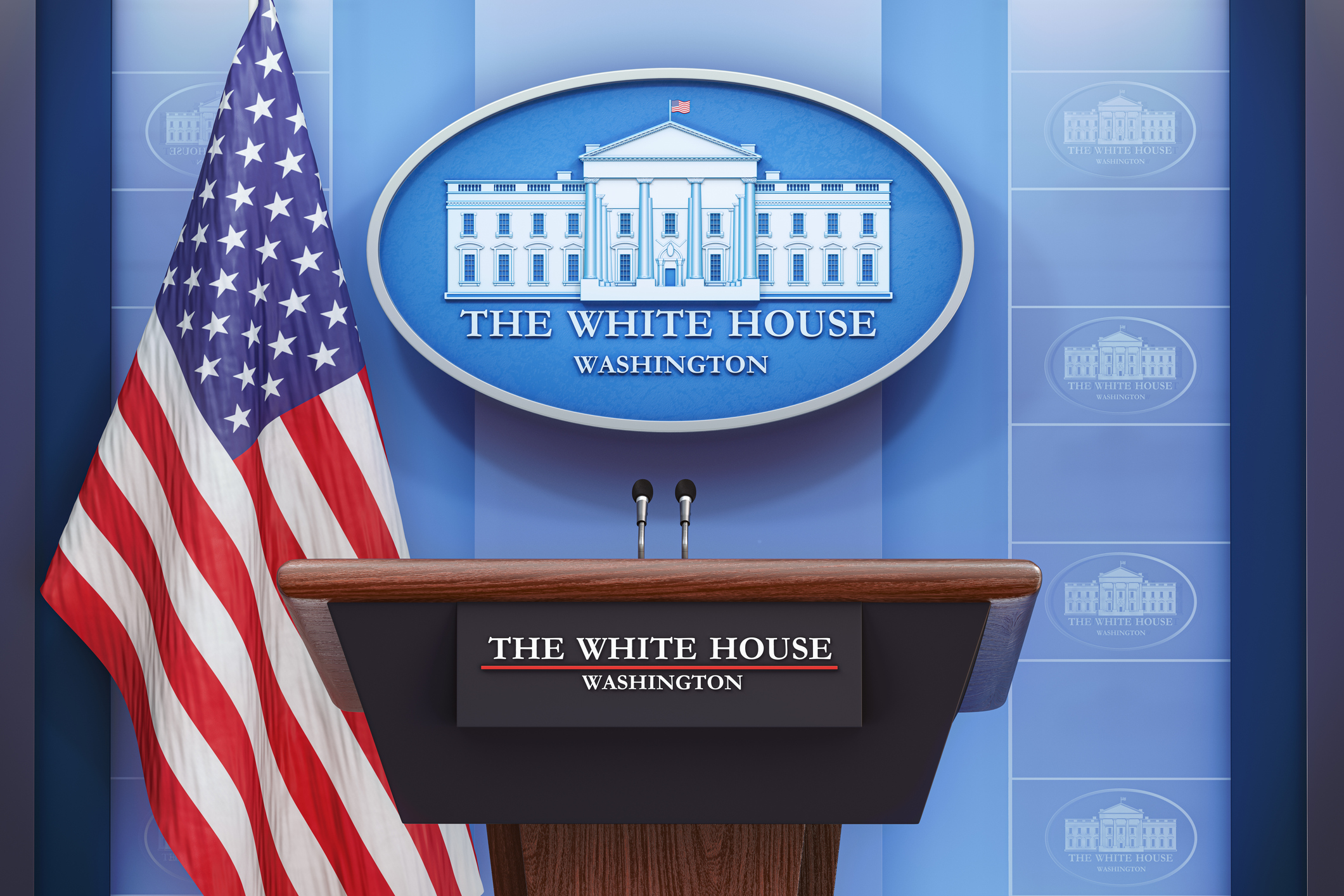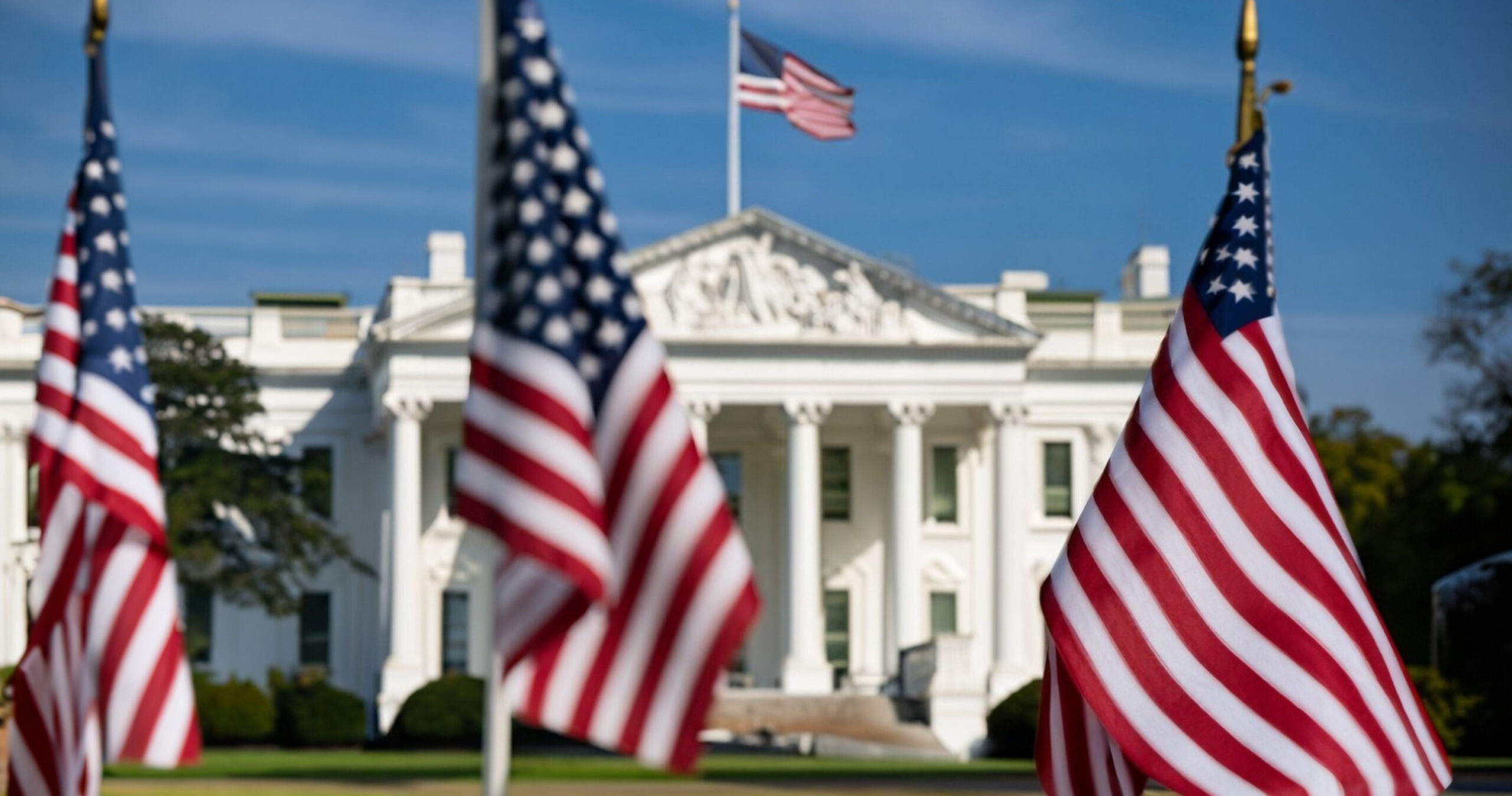
When COVID-19 first swept through the United States, American consumers rushed to the stores to stock up on hand sanitizer, toilet paper, and food. Firearm sales also skyrocketed, including purchases of a build-it-yourself firearm, commonly known as a “ghost gun.” Lawmakers have been looking to regulate these firearms via ghost gun legislation.
What are “ghost guns”? The Giffords Law Center to Prevent Gun Violence defines ghost guns as firearms assembled from kits or made via 3D printers, rendering them untraceable by law enforcement and often undetectable by metal detectors. By assembling guns themselves, individuals can circumvent national and state laws that would otherwise ensure that gun buyers and owners pass background checks and comply with registration regulations. The National Rifle Association and National Shooting Sports Foundation argue the term “ghost gun” is a term “coined by politicians who would rather attack citizens’ gun rights than lock up criminals already prohibited from possessing guns.”
Federal law only requires a serial number for a “frame” or “receiver” and anyone purchasing a receiver is required to undergo a background check. However, online retailers have developed a way to skirt these requirements, creating an unregulated loophole. As a result, numerous shootings using ghost guns have occurred over the last decade. Further, the Bureau of Alcohol, Tobacco, Firearms, and Explosives found that 30% of all guns recovered in California do not have serial numbers and are therefore untraceable.
How are lawmakers reacting to this loophole? Five states previously enacted laws to address ghost guns: California, Connecticut, New Jersey, New York, and Washington. Additional states are looking to join their ranks, which we will examine below.
Rhode Island: Ghost Gun Legislation Passed
Rhode Island joined the ranks of other states to ban ghost guns last week when Governor Gina Raimondo signed a bill that makes it illegal to manufacture, import, sell, ship, deliver, possess, transfer or receive any firearm made from plastic, fiberglass, or through a 3D printing process. Penalties include up to 10 years in prison and up to $10,000 in fines. The bills to address this in the Assembly were H 7102 and S 2004.
Massachusetts: Ghost Gun Legislation Pending
In Massachusetts, police are confiscating more ghost guns every year: state and local police submitted 44 ghost guns to state ballisticians in 2019. Two bills currently pending in the Massachusetts Legislature would address ghost guns.
H. 3843 requires individuals who wish to complete the manufacture or assembly of a firearm to obtain a serial number, engrave or affix it to the firearm, and bans the manufacture or assembly of any firearm from polymer plastic.
Meanwhile, S. 2649 stipulates that no individual shall complete the manufacture or assembly of a weapon without a serial number and without registering the serial number. The bill also prohibits 3D printing of a firearm and assembly of a firearm from polymer plastic.
Pennsylvania: Pending Ghost Gun Action
In Pennsylvania, the Philadelphia Police Department began tracking ghost guns in late 2018. Police seized thirteen ghost guns that year, then 95 in 2019. Ghost guns made up 2.23% of all firearms confiscated by city police last year.
In Governor Tom Wolf’s 2020 budget address, he called for a statewide ban on ghost guns, amongst other gun control measures. The call came after Attorney General Josh Shapiro issued a legal opinion in late 2019, arguing that the Commonwealth should broaden the definition of firearms to include “80%” receivers,” which are partial firearms that can be turned into a fully functional weapon with a DIY kit. The Pennsylvania State Police adopted a policy that requires gun dealers to use Pennsylvania’s background check system for ghost gun sales. Pennsylvania’s Commonwealth Court has since enjoined the rule as it reviews the Police’s statutory authority to promulgate such a regulation.
The Pennsylvania General Assembly introduced House Bill 1527 to prohibit the purchase, sale, and production of untraceable gun parts. The House Judiciary Committee has not yet considered the bill.
Delaware: Pending Ghost Gun Legislation
The Delaware General Assembly introduced House Bill 277 to make it illegal to:
- Possess or manufacture a covert, undetectable or untraceable firearm;
- Transport, ship, transfer, or sell an unfinished firearm frame or receiver;
- Manufacture or distribute a firearm made using a 3D printer;
- Distribute instructions that would allow a 3D printer to manufacture a firearm, firearm frame or receiver, magazine, or major component of a firearm; and
- Transport, ship, possess, or receive any firearm or firearm frame or receiver with the knowledge that the manufacturer’s serial number has been removed, obliterated, or altered.
The bill was voted out of Committee and awaiting further action. Governor John Carney indicated support for the legislation, noting it is thoughtful, reasonable, and intended to “keep our communities safe.” The Governor also included banning ghost guns in the 2019 and 2020 State of the State Addresses to the Delaware General Assembly. The bill has received opposition from some Republican lawmakers.
Washington, D.C. Emergency Legislation
In Washington, D.C., Mayor Muriel Bowser signed emergency legislation in March banning kits used to make ghost guns. In a letter to the City Council, Mayor Bowser cited the number of ghost guns found at crime scenes, arrests, and in homes, which rose from three in 2017 to 116 in 2019. The emergency legislation, passed unanimously by the City Council, came after ghost guns were used in four recent fatal shootings. As an emergency piece of legislation, the city was able to bypass the standard process for enacting legislation, and the new law was set to be in place for 90 days. Time will tell if permanent legislation is enacted in the Capital to ban ghost gun kits.
Congress: Federal Ghost Gun Action
Congressional lawmakers are looking to address ghost guns at the national level. Connecticut Senator Richard Blumenthal introduced S. 3743 – the Untraceable Firearms Act of 2020. The bill would change the definition of “firearm” under federal law to include a “frame or receiver,” subjecting gun-kit manufacturers, distributors, sellers, and buyers to the same federal regulations that govern completed firearms (including licensing, serialization, and background checks). Senator Blumenthal noted that since the COVID-19 pandemic began, gun sales were up more than 70% in April from last year, and that business is “booming” for the do-it-yourself ghost gun industry.
Two other bills pending before Congress to address ghost guns are H.R. 3265 and S. 1831 – the 3D Printed Gun Safety Acts – both of which would make it illegal to intentionally publish digital instructions for programming a 3D printer to make a firearm.
In March of 2020, a federal judge issued a temporary injunction blocking Trump administration rule changes to allow for the sharing of plans for 3D printed firearms.
What does the future hold?
60 Minutes reported that local and national law enforcement in at least 38 states and Washington, D.C. had criminal cases involving ghost guns in the last year and a half. Will state legislatures and agencies succeed in addressing ghost guns? Will Congress address the issue at all? Time will tell.
Related DMGS Articles:
Latest News
Photo credit: iStock.com/24K-Production Across the United States, lawmakers are increasingly reconsidering psilocybin policy in response to growing evidence of its therapeutic potential. Psilocybin is a naturally occurring psychedelic compound found in particular species of mushrooms. [...]
Photo credit: iStock.com/Bet_Noire On January 20, 2025, Donald Trump was inaugurated as the 47th President of the United States, marking the beginning of a second term in office. Trump immediately set the tone for the [...]
Photo credit: iStock.com/Castle City Creative The U.S. president's cabinet is a cornerstone of the executive branch, serving as the president’s closest advisors and leaders of the federal government’s major departments and agencies. Established through [...]
Photo credit: iStock.com/Motortion In 2022, the U.S. Supreme Court decision in Dobbs v. Jackson Women's Health Organization overruled a federal constitutional guarantee of freedom to abortion. Since then, legislation concerning reproductive healthcare—including access to [...]






Stay In Touch